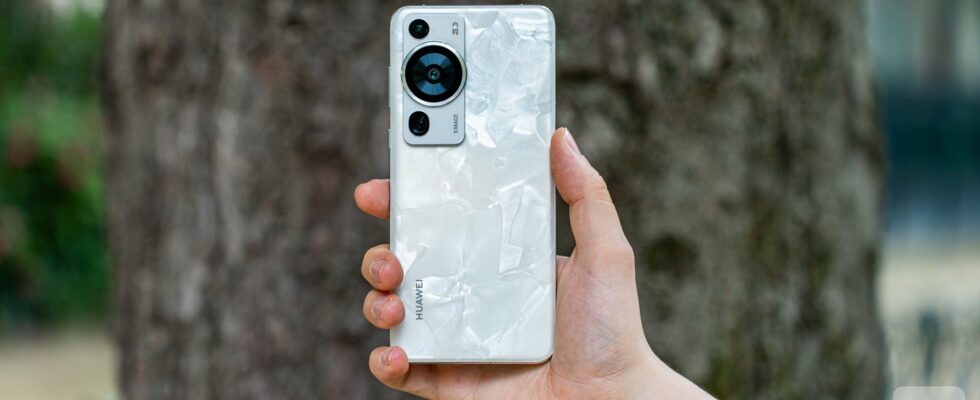What happened at Huawei in France? We are talking about a preliminary investigation for “breach of integrity”.
Huawei France has seen better days recently. Last Tuesday, February 6, 2024, investigators from the National Financial Prosecutor’s Office (PNF) arrived at the firm’s Paris offices. It’s L’Informed who talks about this visit.
Officially, it is a search as part of a preliminary investigation for “breach of integrity”. For those wondering, this somewhat vague expression concerns not really clear-cut practices such as corruption or embezzlement. For now, the PNF is keeping the details under wraps, leaving room for all kinds of speculation about Huawei’s affairs. Moreover, Huawei already has to deal with a fairly strict French law on national security.
Adopted in 2019, it prevents telecom operators from using Huawei antennas for the deployment of 5G in certain areas. Behind this decision, there is the fear that this equipment will serve as espionage or sabotage tools on behalf of Beijing. Since then, Huawei’s turnover in France has taken a big hit, going from 1.4 billion euros to 992 million in three years.
Several important investments in France
However, this did not dissuade the company from continuing to invest in France. It even launched the construction of its first factory outside China, in Brumath. A 200 million euro project which should create 500 jobs, despite a controversy over the financial aid received from the Grand Est region.
The Chinese group also opened an AI-related research laboratory in Paris in 2020, which did not fail to raise eyebrows in the scientific community. The cause is the use of surveillance technology by the Chinese government, particularly in the Xinjiang region. Despite the criticism, Huawei was able to find allies, such as the Institute of Advanced Scientific Studies and the Louis Bachelier Institute, which received funding.
